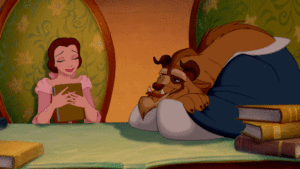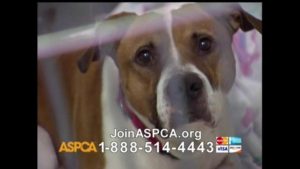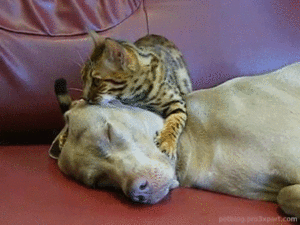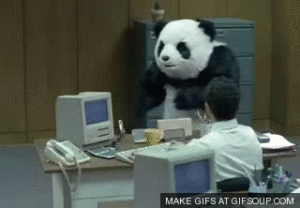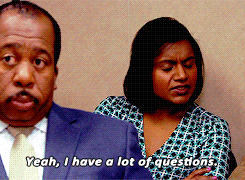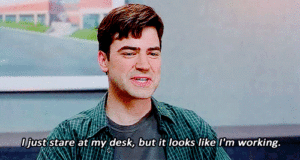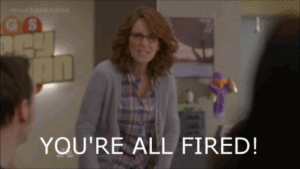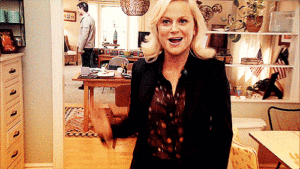I have always been what people would describe as “good at school.” I love to read and write; I’m passionate about art, theatre and dance; and I thoroughly enjoy science and math classes. I have been #blessed with a thirst for knowledge and a support system that pushed me to excel in my academic career. Because I liked so many different fields of study and could see myself pursuing a great variety of them, I had a difficult time deciding what to focus on in my college search. Did I want to go to a school with a great English program? What about one that I could take highly regarded acting classes and minor in theatre? Once I figured out that I wanted to go into the sciences, my search got easier, but not by much. There was so much that I wanted to do, study, and experience whilst in college, and I wanted to do it all with great professors and peers by my side.
As you may suppose, this love for interdisciplinary learning led me to Scripps College and a liberal arts education. I like to think that I have made the most of this cross disciplinary academic approach during my last 3.25 years here: I have taken a variety of classes in both the humanities and sciences, and not just for GE credit either. I’m studying Science, Technology and Society , one of the most interdisciplinary majors that you can find at the 5Cs. I have been given the space to design my curriculum to best suit my learning needs and passions. I’ve learned that college doesn’t have to be only arts or science, black or white. It can be both, and Scripps embodies this concept. From my liberal arts education, I have experienced firsthand how to embrace the gray areas of academics and life. As a pre-vet student, my experiences working in an art gallery and taking voice lessons have enabled me to explore my creative side and tap into new, “non-scientific” problem solving methods. I can approach my future life and career with a perspective informed by multiple backgrounds and experiences, and I truly believe that this will make me a better veterinarian, scholar, and person.
Ultimately, the benefits of a liberal arts education can be summed up in the idea of freedom. At a liberal arts institution, you are not confined to taking courses in your major or minor: you can take any classes you want, in any discipline you desire. You are free to explore potential interests and study subjects for fun. You are free to design your own academic curriculum, one as varied or single subject as you wish. You are free to become your own person and grow in your individual interests, mindsets, and goals. I was free to dip my toes into every and all disciplines and journey down academic paths I didn’t realize existed. I didn’t have to limit myself to science and pre-health classes, and you don’t have to be either thanks to a liberal arts education. I am so grateful that Scripps has provided me with the space to grow in multiple disciplines, and I look forward to relishing the fruits of my interdisciplinary, liberal arts academic labors in the years after Scripps to come.
What do you think about liberal arts education? Leave a comment and share your experience!

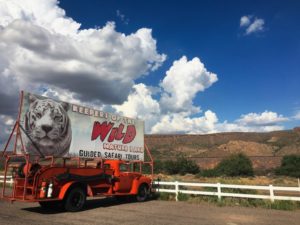
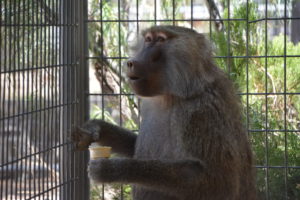
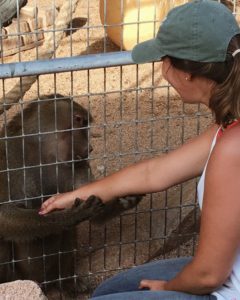
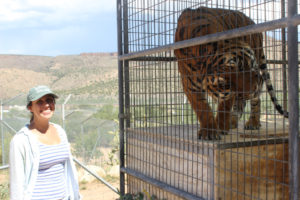

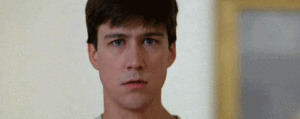 Sitting immersed in art for eight hours a week has helped me to learn how to really look at my surroundings. I’ve always been an observant person, and I’ve always been critical of the world around me. I like to know how and why thing are the way they are, and I work hard to understand the things that I see. Art isn’t an easy thing to observe. It is subjective, and different people find different meanings in it. A piece that I find inspiring and filled with movement and life, another could find oppressive and representative of human adversity to confinement.
Sitting immersed in art for eight hours a week has helped me to learn how to really look at my surroundings. I’ve always been an observant person, and I’ve always been critical of the world around me. I like to know how and why thing are the way they are, and I work hard to understand the things that I see. Art isn’t an easy thing to observe. It is subjective, and different people find different meanings in it. A piece that I find inspiring and filled with movement and life, another could find oppressive and representative of human adversity to confinement.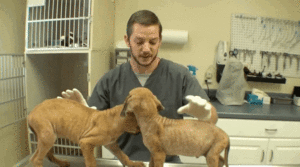 Even though my job on campus is seemingly as far as possible from what I want to do in the future, it has helped me to develop skills that I will use in my career one day. Did I expect this to happen? Absolutely not, but I am so glad that it has. I encourage you to go out and gain experience in any and all work environments. I guarantee that you will develop networking, practical, and/or observational skills that will help you grow throughout your future path. Whatever those newly refined skills are, you will be happy you have them, and you will learn more about yourself, your interests, and your future career along the way. So if even if you have a job that on paper seems like it has no relevance to your desired path, no need to worry! The lessons you learn will be relevant to your life experience, and those lessons can be applied to any career, so long as you are willing to open your eyes and find them.
Even though my job on campus is seemingly as far as possible from what I want to do in the future, it has helped me to develop skills that I will use in my career one day. Did I expect this to happen? Absolutely not, but I am so glad that it has. I encourage you to go out and gain experience in any and all work environments. I guarantee that you will develop networking, practical, and/or observational skills that will help you grow throughout your future path. Whatever those newly refined skills are, you will be happy you have them, and you will learn more about yourself, your interests, and your future career along the way. So if even if you have a job that on paper seems like it has no relevance to your desired path, no need to worry! The lessons you learn will be relevant to your life experience, and those lessons can be applied to any career, so long as you are willing to open your eyes and find them.